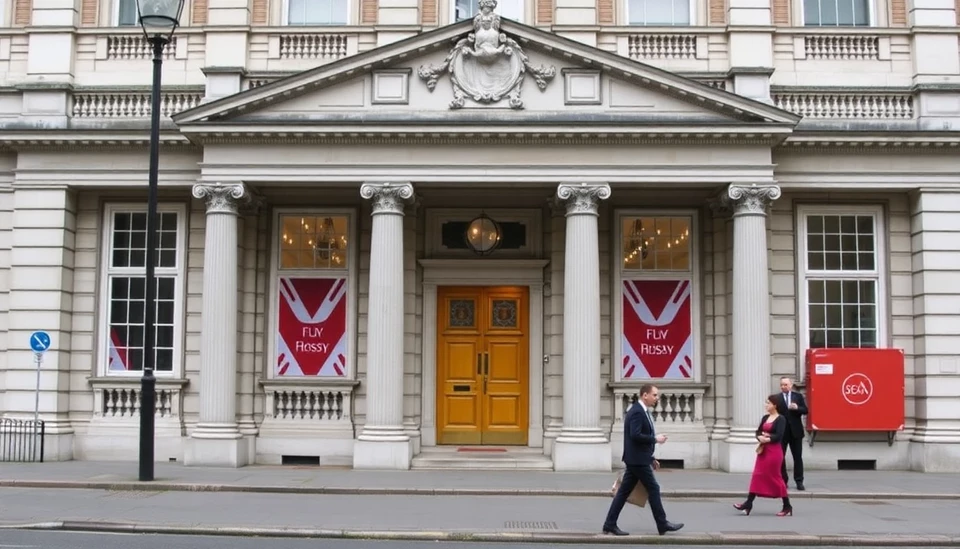
In a recent development that has significant implications for the United Kingdom's economic policy, economists are raising doubts about the accuracy of pay data that has been closely monitored by the Bank of England (BoE). The concerns come amid ongoing discussions about inflation rates and wage growth, which are central to the BoE's monetary policy decisions.
The challenges surrounding the UK's pay data have sparked a debate among experts regarding its reliability and how it might affect the central bank's strategies. With inflation concerns mounting, the BoE has used pay figures as a key indicator to gauge the health of the economy and determine appropriate interest rates.
Some economists suggest that the recent pay data may not accurately reflect the broader economic picture. They argue that various factors, including changes in the labor market and unexpected shifts in employment patterns, could distort the figures. In particular, discrepancies noted in sectors heavily impacted by the pandemic have raised alarms about their reliability, prompting calls for a reevaluation of how pay statistics are compiled and reported.
Analysts have pointed out that the data might not account comprehensively for part-time workers or those whose jobs have been significantly altered due to economic pressures. These omissions could lead to an inflated perception of wage growth, which, in turn, may mislead BoE policymakers in their quest to balance inflation control with economic growth.
This scrutiny arrives at a particularly critical time, as the BoE has been under pressure to adjust its interest rate strategy. With inflation remaining a top concern for the economy, understanding the real state of wage growth is essential to avoid making policy decisions based on potentially flawed data.
Furthermore, the recent upheaval in global supply chains and labor shortages has created added complexity. As businesses recalibrate their workforce and adjust wages accordingly, the volatility of these conditions could lead to further inaccuracies in future pay reports. Thus, the overarching question remains: How can policymakers navigate these choppy waters when the data they rely on is being called into question?
As discussions around this topic continue, a consensus will be vital. Economists are advocating for improved transparency and more robust methodologies in collecting wage data to ensure that it reflects the true state of the economy. The Bank of England faces tightrope challenges in formulating effective policies in uncertain times, and accurate data will be critical to its success.
In conclusion, as the BoE awaits further insights into wage growth and inflation, the validity of pay data must be established. The outcomes of these discussions will significantly sway future economic strategies and the path toward stability in the UK economy.
#UKPayData #BankOfEngland #EconomicPolicy #WageGrowth #InflationConcerns #Economics #DataAccuracy
Author: Laura Mitchell




